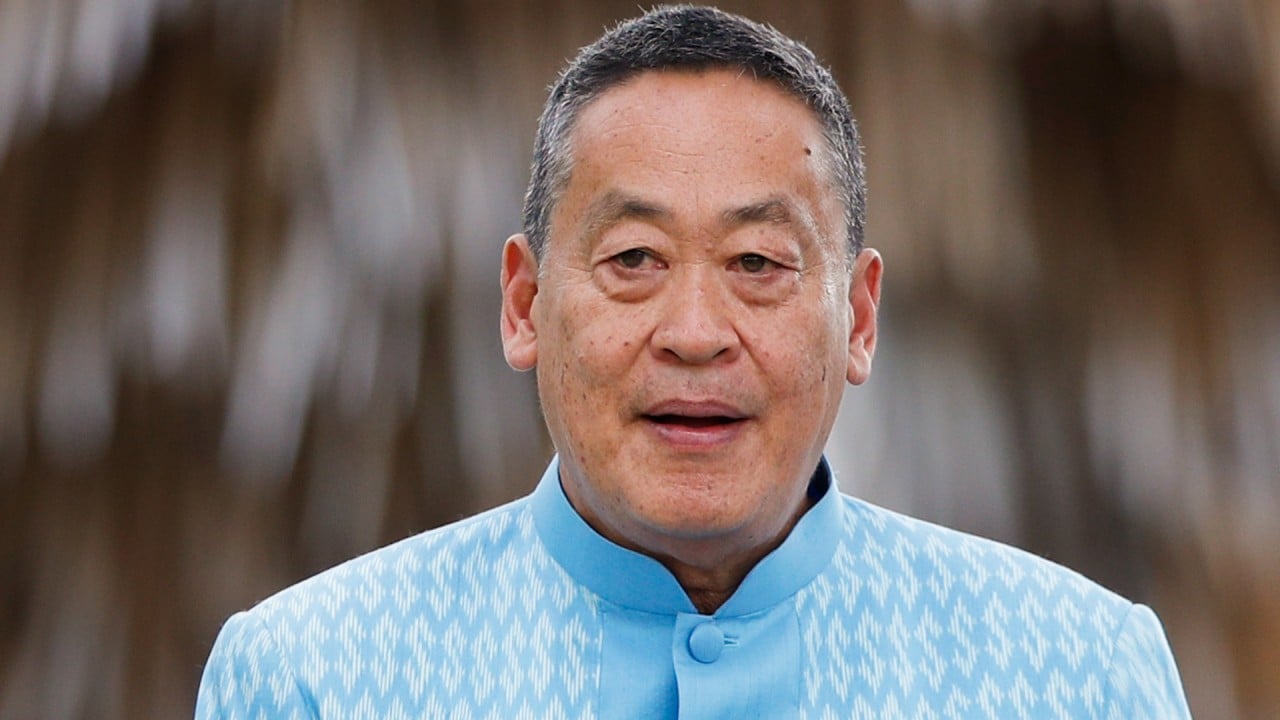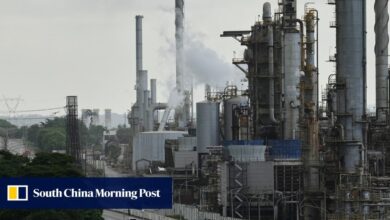Will Thailand’s new PM seek Chinese funding for land bridge? Definitely, maybe

The land bridge project, a potential replacement to the shelved Kra canal linking the Andaman Sea with the Gulf of Thailand, got a new drumroll of enthusiasm as it is expected to bolster the southern Thai economy.
A shipping bypass would appeal to China, which now sends vessels through the far-flung, strategically important Malacca Strait. The strait is also the main transport artery for a large share of China’s imports of crude oil from the Middle East and raw materials from Africa. Currently, some 94,000 ships pass through the strait every year or use its 40-plus ports.
The Thai government has sought financing for the 90km (56-mile) bridge, which has been estimated to cost at least US$28.6 billion.
Beijing has not yet expressed an official stance.
However, the Bangkok Post reported last October that state-owned contractor China Harbour Engineering Co was considering a contribution, citing the Thai government. Hong Kong property developer New World Development has also shown interest, it added.
Analysts said Thai officials should brace for negotiations with potential Chinese funders.
“Both sides would get advantages from this investment, but the project is big and requires time,” said Peng Peng, executive chairman of the Guangdong Society of Reform.
“The pros and cons are so numerous that it is hard to decide what to do all at once.”
Chinese officials have already begun looking for other Malacca Strait alternatives, such as gas pipelines from Central Asia, the China-Pakistan Economic Corridor and a pipeline linking Myanmar’s ports in the Andaman Sea with Southwest China’s Yunnan province.
China would want a smart deal, overseas experts believe, while stakeholders from Bangkok to Washington may question it.
“The new prime minister will need to be careful with the decision to go ahead on such a project,” said Ruth Banomyong, a professor at the business school of Bangkok-based Thammasat University. He cited growing concerns over Chinese influence among Thai citizens.
Thai media have reported officials from the Southeast Asian country found China’s price too high for the in-progress China-Thailand railway, which will extend 873km from Bangkok to the southwestern Chinese city of Kunming.
“If Thailand wants to retain its autonomy in controlling the canal [or land bridge] it will not allow a single foreign country to finance more than 50 per cent of the project,” said Alexander Vuving, professor at the Daniel K. Inouye Asia-Pacific Centre for Security Studies in Hawaii.
“This is tough, and requires a large dose of political will on the part of the new government.”
Source link




